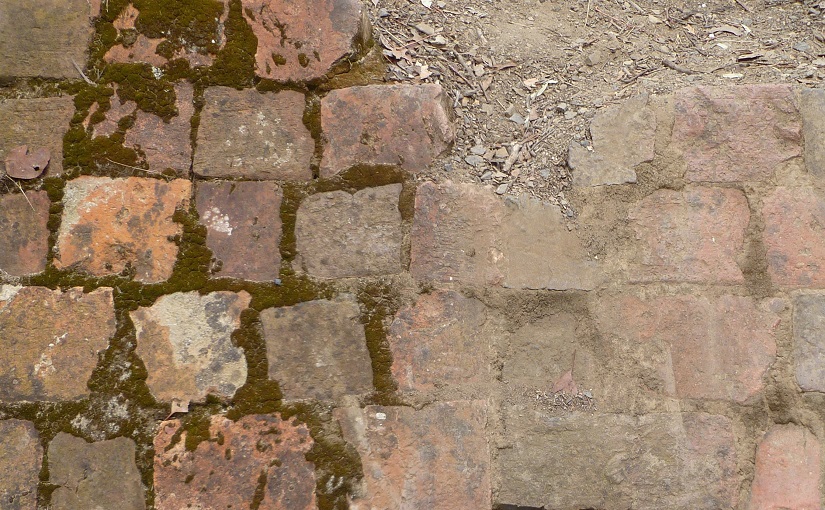Living our lives, we inevitably accumulate “history”. Every little thing leaves its mark, creating ripples we cannot hope to control. All that shapes us, becoming the experiences that inform our thinking, the wounds that hurt when we think they’ll be touched, the grooves of how we engage with life.
It’s as if this imperfect world imprints itself upon us in youth, leaving many things we might spend a lifetime trying to iron out. Because, realistically, no one’s perfect. Much as we might hope to be, our knowledge is generally incomplete. We try our best, but life’s a complex reality to master.
And we all knock into one another. One person’s suffering often becomes another’s too. Limited perspectives can effectively negate another’s being. Whenever we’re acting out of imperfect understanding we surely risk impacting those around us? Offhand comments can lodge in another’s psyche to become truths they’ll live by – small, seemingly insignificant, perhaps thoughtless words or gestures taking on a life of their own.
While we might have the finest intentions, the accumulated impact of countless interactions can cause problems. Personal opinions and preferences can echo in other minds as “how things should be”. It’s this strange, invisible world of formative experiences: things that loom large in our past, casting shadows over what follows.
In a way, it’s simply “life” – people doing their best and all of us living through the consequences. If we knew more, we’d do differently, but, in reality, what’s done cannot be undone.
It’s true of society, of family, of culture, education and friendships. They shape us. In differing measure and with varying levels of deliberation, but, nonetheless, they combine to make us who we became (Notes One). I’m not saying that, beneath all that, there’s not an innate sense of self also playing its part, but the faces life turns toward us carry great weight.
What are we supposed to do with that? How, as well as living increasingly complex lives, are we to excavate such a past? And, even if we do, does it help? Is there meaning to be found in uncovering the truth of our journey, the things that defined us, the arc of our personal history? Will we be able to “let it go” or do we risk becoming trapped within this powerless world of our own making? (Notes Two)
It’s the stuff of psychology, of therapists. This army of professionals following us round, helping us make sense of life. It’s important work. “Getting on with life” while carrying along unprocessed, unreleased issues can be a recipe for disaster. We’re unlikely to live our best life crumpled up that way.
Taking hold of yourself, really understanding how you are, is perhaps invaluable for life. People who’ve done such “work” can become powerful, compassionate members of society. We’d likely have healthier relationships and not fall prey to those seeing opportunity in wounds and weaknesses. True strength and wisdom might well be gained from understanding our past, if we’re prepared to go there.
Notes and References:
Some of the many beautiful books dealing with this aspect of life are those by Don Miguel Ruiz, including “The Mastery of Love” (Amber-Allen, California; 1999) and “The Four Agreements” (Amber-Allen, California; 1997).
Note 1: One thing leads to another
Note 1: Culture as what we relate to
Note 1: All we want to do passes through community
Note 1: The world we’re living in
Note 1: What you’re left with
Note 2: This thing called love
Note 2: Does being alone amplify things?
Note 2: Absolute or relative value
Note 2: Do we need meaning?
Note 2: Love of self
In a similar vein to all this, Doing the right thing, we erase consequences looked at the challenge of fully understanding “life”.

